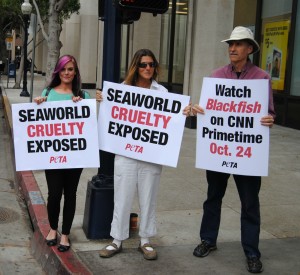I found Chris Brogan’s blog titled “Find Intensity” very interesting and relatable. He describes what intensity really is, and the difference between doing, and doing with intensity. Included is also a video of the famous body builder and inspirational speaker CT Fletcher.
Chris explains how the realization of intensity, and performing with it, can change things for the better. He emphasizes two things in particular: stick to the plan and work with intensity. How does this relate to me and business?
I am a wrestler. Wrestling is the most intense sport both physically and mentally. Wrestlers understand toughness, the grind, and pain, but above all, wrestlers know intensity. The training is unlike anything else, and just as Chris put it, you don’t know it until you’ve done it. Rather than a sport, most wrestlers identify wrestling as a lifestyle. The dietary changes to keep a minimal body fat percentage, the daily 6:00am jogs, the weekly trips to the States for competition, and the weight cuts that can literally put you inches from death are just some examples of the lifestyle changes necessary to succeed in the sport. There is no fame. There is no million dollar contract. At the end of the day, it’s just you and your love of the sport.
Wrestling has certainly taught me a lot about myself and made me a tougher person, but only after reading Chris’ blog do I realize the true nature of intensity. If you love something, intensity need not be forced. Rather, it should come naturally. This leads to dedication and passion, which in turn leads to success.
This is very applicable in the business world. Instead of focusing on the grades and getting my degree, I can work with intensity because I show up to class everyday eager to learn and better myself. And I don’t just mean from the books, but also from the people. And we see time after time, intensity and passion fosters success.
For the Chris’ blog post, click here.
Image source: http://en.wikipedia.org/wiki/Wrestling


